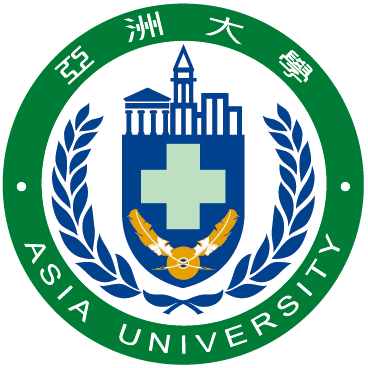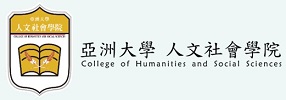Asia University’s High Performance Materials Institute for xD Printing (HPMI for xD Printing) won 2021 Future Tech Awards from the Ministry of Science and Technology. Professor Yi-Wen Chen and Professor Yu-Fang Shen led a cross-university interdisciplinary research team and designed a precision medicine platform for in vitro drug screening of tumor cells.
In the past four years, both professors’ “Additive Manufacturing Project,” sponsored by the Ministry of Science and Technology, has developed a bio-fabricated medical prediction device based upon a patient-specific tumor-on-a-chip system. They used the patient’s tumor cells to establish in vitro the tumor’s characteristics and microenvironment similar to the in vivo patient's tumor. With this standardized high-throughput screening, the researcher can observe precisely the healing effect on the patient's tumor by the 3D tumor spheroid-on-a-chip that conforms to physiological conditions in vitro.
Dr. Ta-Cheng Chen, Vice President of Asia University and Director of HPMI for xD Printing, said that cancer is ranked NO.1 among the top ten deadly diseases in Taiwan. Many therapeutic methods have been used to cope with this disease, including surgery, chemotherapy, and cell therapy. Traditionally, the doctor will follow the medical guidelines for diagnosis and treatment of the cancer; however, the patient’s individual pharmacological mechanism can be so different that the medication sometimes fails to achieve its expected effect. A precision testing skill, therefore, becomes a necessary and an urgent matter for clinical practice.
The x-Dimension Center for Medical Research and Translation (xD for medicine) of Asia University is now promoting the usage of this new technique to clinical treatment. “We intend to pass the regulatory certification within the coming six months, and hope this screening test can become a standardized procedure before the clinical treatment,” Dr. Ta-Cheng Chen said. As can be expected, this new technique can help doctors in giving precise treatment to patients. It can also reduce the time of developing new medicine and even change the future of the pharmaceutical industry.


